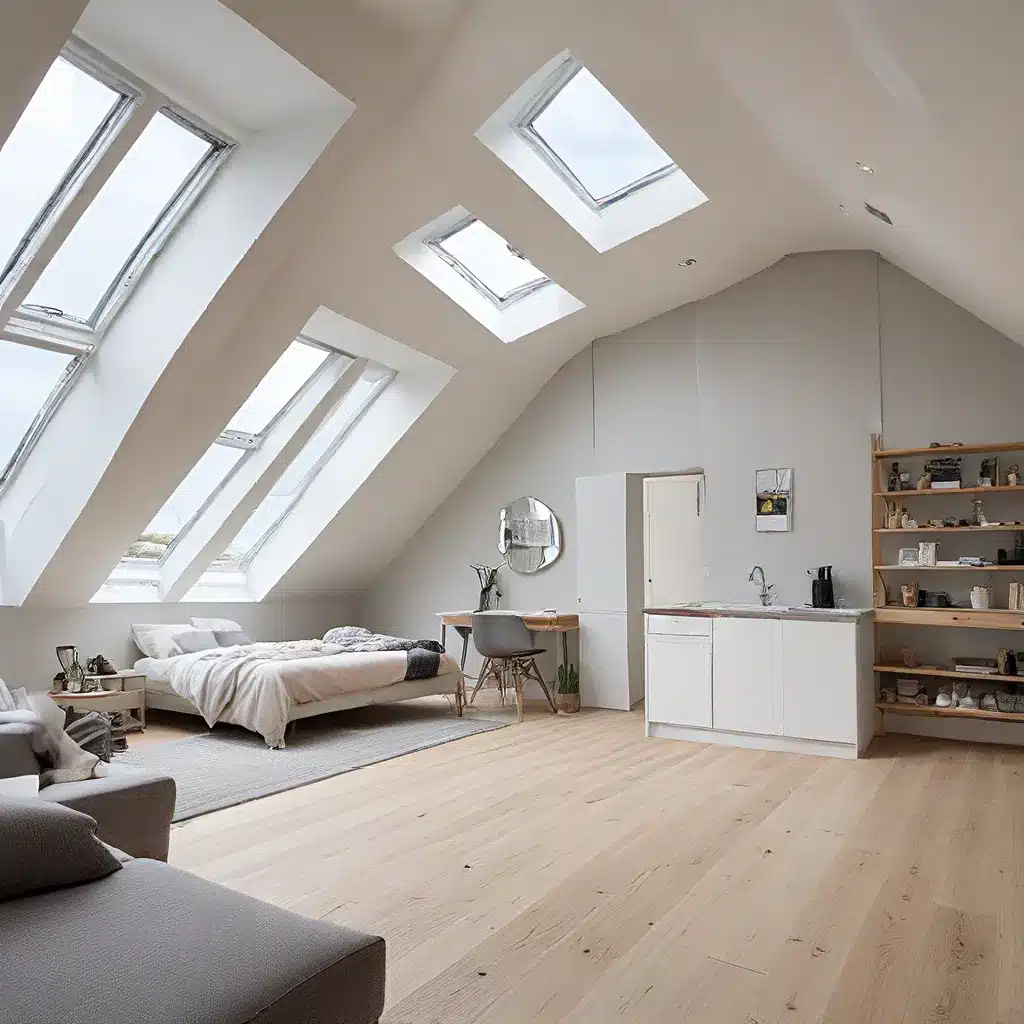
The Energy Crisis Conundrum: Navigating the Challenges
For many years, the conversion of old storage buildings into lofts has been a popular way of creating exceptional spaces to live and work. However, the recent energy crisis and changing customer demands have raised questions about the ongoing viability of this trend. As an avid home improvement enthusiast, I’ve been closely following the discussions around the future of loft conversions, and I’m here to share my insights with you.
Let’s dive in and explore the impact of the energy crisis and shifting customer preferences on the world of loft conversions. The energy crisis, characterized by limited energy resources and rising costs, can certainly pose some challenges for loft dwellers. Depending on the location and energy efficiency of the building, the increased energy consumption and associated expenses may become a significant concern.
But here’s the thing – the field of sustainable technologies and building practices is rapidly evolving. Advancements in insulation, energy-efficient appliances, and renewable energy systems have the potential to mitigate these energy-related challenges. By incorporating these eco-friendly features, loft conversions can become more environmentally friendly and cost-effective, making them a viable option even in the face of the energy crisis.
Adapting to Changing Customer Demands
Alongside the energy crisis, we’ve also witnessed a shift in customer preferences when it comes to living spaces. As lifestyle trends and market dynamics evolve, the demand for different types of housing options may fluctuate. While loft conversions have been a beloved choice for many, the appeal may vary based on factors such as the emergence of communal living, co-working spaces, or environmentally conscious designs.
As some experts suggest, the impact of these changes can vary across different regions and markets. Local regulations, economic conditions, and sustainability initiatives all play a crucial role in shaping the future of loft conversions. To ensure the ongoing appeal and viability of these converted spaces, there may be a need for adaptations that cater to the evolving preferences of modern homeowners.
Embracing Sustainable Heating and Cooling Solutions
One of the key considerations when it comes to loft conversions is the heating and cooling of these unique living spaces. With the growing emphasis on energy efficiency and environmental consciousness, it’s crucial to explore modern technology-driven solutions that can provide comfort while minimizing the impact on the planet.
Several options are available that prioritize energy efficiency and comfort. For example, heat pumps have emerged as a popular choice, as they can provide both heating and cooling by transferring heat between the indoor and outdoor environments. These systems are generally more energy-efficient than traditional HVAC systems, making them an attractive option for loft dwellers.
Another innovative solution is the use of radiant floor heating. This system distributes heat evenly throughout the space, often through the use of water-based pipes embedded in the floor. Not only is this an efficient way to heat a loft, but it also eliminates the need for bulky radiators or vents, preserving the open and airy aesthetic that many loft owners find so appealing.
Striking a Balance: Preserving Charm and Embracing Sustainability
As I ponder the future of loft conversions, I can’t help but be excited by the prospect of merging the charming character of these spaces with the advancements in sustainable living. Imagine a loft that seamlessly blends rustic charm with contemporary, energy-efficient design – a true embodiment of the perfect balance between the old and the new.
The team at ABC Home in Aberdeen, UK has been at the forefront of this trend, helping homeowners transform their lofts into stunning, eco-friendly havens. By incorporating the latest sustainable technologies and design principles, they’re able to create living spaces that not only capture the essence of loft living but also prioritize energy efficiency and environmental responsibility.
It’s remarkable to witness how the loft conversion revolution has evolved, adapting to the changing landscape of the energy crisis and customer demands. While there may be challenges along the way, the future of loft conversions looks bright, with the potential to embrace the best of both worlds – the charm of the past and the sustainability of the future.
Embracing the Future: Loft Conversions as Sustainable Living Spaces
As I reflect on the ever-changing world of loft conversions, I’m reminded of the resilience and adaptability inherent in this trend. Just when it seemed like the energy crisis and shifting customer preferences might spell the end of loft living, the industry has responded with innovative solutions that marry the timeless appeal of these spaces with modern sustainability.
Sustainable technologies like heat pumps, radiant floor heating, and advanced insulation are paving the way for loft conversions to become eco-friendly havens that not only delight the senses but also minimize our impact on the environment. And as customer preferences evolve, forward-thinking design that caters to the demands of communal living, co-working, and environmentally conscious living can ensure the ongoing relevance and appeal of loft conversions.
Ultimately, the future of loft conversions is bright with possibilities. While the energy crisis and changing customer demands may have posed some initial challenges, the industry has demonstrated its ability to adapt and thrive. By embracing the latest sustainable technologies and design trends, loft conversions can continue to captivate homeowners and redefine the boundaries of modern living.
As I wrap up this exploration of loft conversion trends, I’m left with a sense of excitement and optimism. The fusion of old-world charm and cutting-edge sustainability is a testament to the ingenuity and resilience of the home improvement industry. And with companies like ABC Home leading the way, I’m confident that the loft conversion revolution will continue to shape the future of residential transformation for years to come.
















